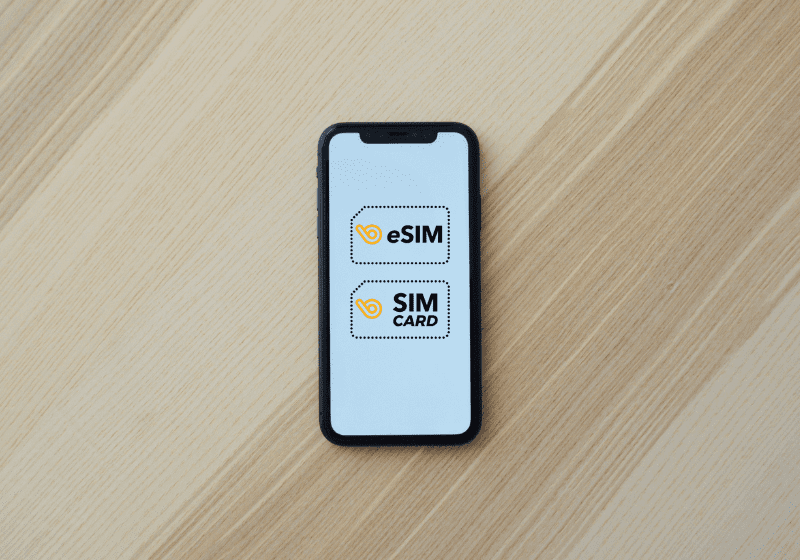In recent years, the telecommunications industry has witnessed a significant shift with the introduction of eSIM technology. eSIM, short for embedded SIM, is a digital SIM card that is built into smartphones, tablets, and wearable devices. It eliminates the need for a physical SIM card and allows users to switch between mobile network operators without the hassle of changing physical cards. This article explores the presence and potential of eSIM in South Africa and across the African continent, highlighting its benefits and impact on connectivity.

Understanding eSIM
Before delving into the presence and potential of eSIM in South Africa and Africa, it is essential to understand what eSIM technology entails. An eSIM is a small chip embedded within a device that can be programmed with the necessary information to connect to a mobile network. It functions similarly to a traditional SIM card but offers greater flexibility and convenience. With an eSIM, users can activate and switch between mobile network operators directly from their device settings, without the need for a physical SIM card swap.
The Benefits of eSIM in South Africa
Convenience and Flexibility: With eSIM, users can easily switch between mobile network operators without the need to physically change SIM cards. This flexibility is particularly useful for travelers who can switch to local network operators when visiting different countries.
Cost Savings: eSIM allows users to take advantage of competitive pricing and special offers from different mobile network operators. By switching to the most cost-effective plan, users can save money on their mobile data and voice services.
Enhanced Security: eSIM technology offers enhanced security features, such as remote SIM provisioning and authentication. This helps protect against SIM card cloning and other fraudulent activities, ensuring a more secure mobile experience.
Device Compatibility: Many modern smartphones, tablets, and wearable devices are now equipped with eSIM capabilities. This widespread compatibility makes it easier for users to adopt eSIM technology without the need for additional hardware upgrades.
eSIM in Africa: Expanding Connectivity
Improved Connectivity: eSIM technology can help bridge the digital divide by providing reliable and seamless connectivity in remote areas where traditional infrastructure may be lacking. This can have a significant impact on sectors such as healthcare, education, and agriculture, enabling access to vital services and information.
Enabling IoT and M2M Communication: The Internet of Things (IoT) and Machine-to-Machine (M2M) communication are rapidly growing fields that rely on seamless connectivity. eSIM technology plays a crucial role in enabling IoT and M2M devices to connect and communicate efficiently, opening up opportunities for innovation and automation across various industries.
Supporting Travel and Tourism: Africa is a continent known for its diverse landscapes and vibrant tourism industry. eSIM technology can greatly enhance the travel experience by providing travelers with instant access to local mobile networks, eliminating the need for purchasing and swapping physical SIM cards.
Mobimatter: Empowering eSIM Adoption
When it comes to eSIM adoption and support in South Africa and eSIM in Africa, Mobimatter stands out as a leading provider. Mobimatter offers a range of eSIM solutions that cater to the needs of travelers, businesses, and mobile network operators. Their eSIMs are trusted by over 5,000,000 people worldwide, providing seamless connectivity and competitive pricing.
Conclusion
eSIM technology is revolutionizing connectivity in South Africa and Africa, offering enhanced flexibility and supporting various communication needs. Backed by companies like Mobimatter, its adoption signifies a leap in telecom innovation.





